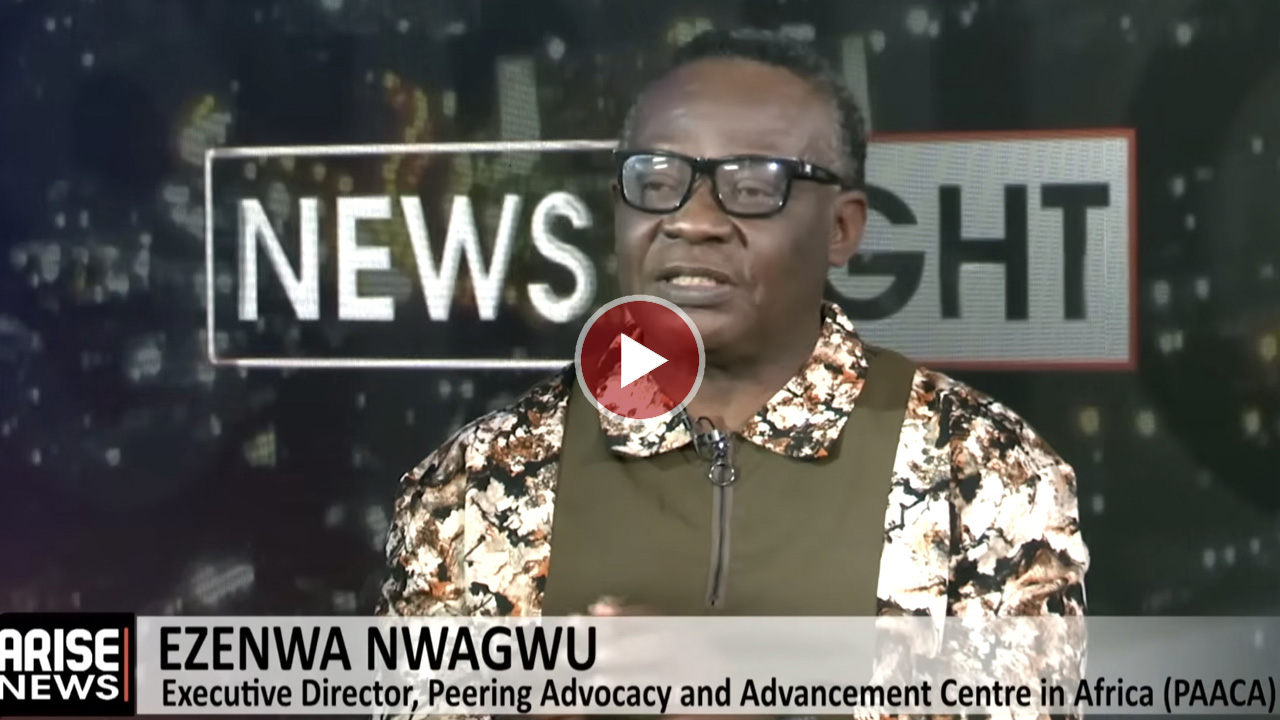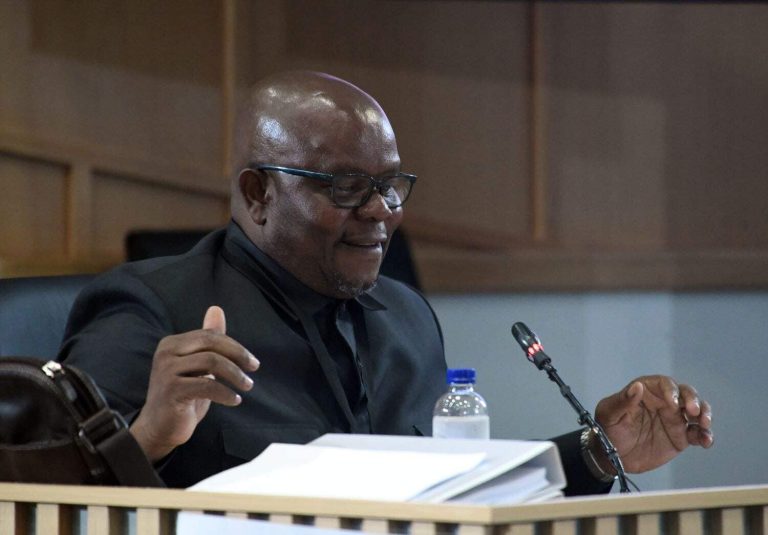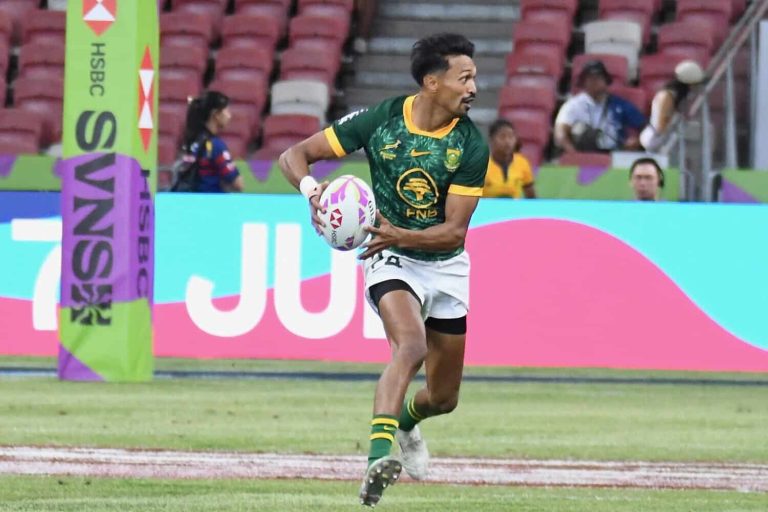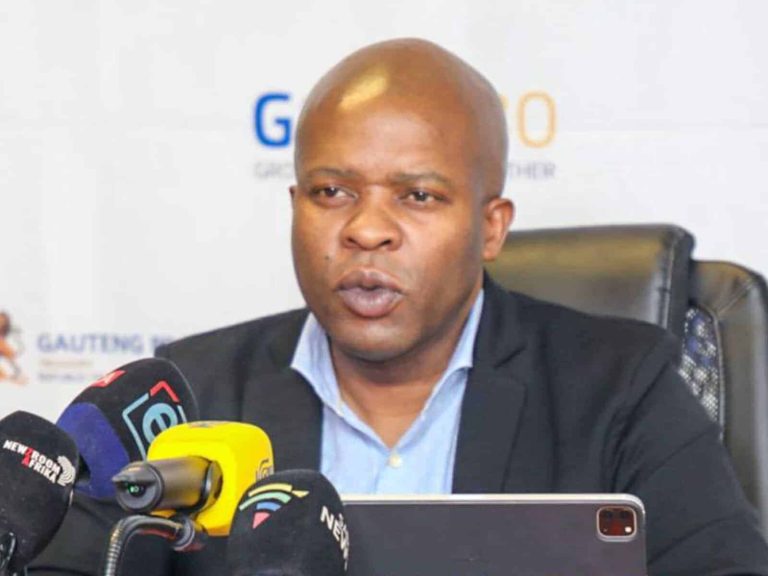

Executive Director of the Peering Advocacy and Advancement Centre in Africa (PAACA), Ezenwa Nwagwu, has said that politicians are responsible for nearly 70 percent of the problems plaguing Nigeria’s electoral system, including voter inducement, manipulation, and weak institutional reforms.
Speaking during an interview with ARISE News on Monday, Nwagwu criticised political elites for creating the very problems they claim to want to solve, insisting that much of the dysfunction in Nigeria’s elections is “orchestrated by the politicians themselves.”
According to him, “Sometimes, one of the things politicians like to do is to drop templates of talking points. They enjoy dropping talking points. Though true that the people have a share of the blame, nearly 70 percent of the behaviour or misbehaviour that we see in our electoral process is actually orchestrated by the politicians.”
He said that both ruling and opposition parties were guilty of seeking “dubious advantage” at every election, often undermining the integrity of the process and discouraging voter participation.
“Whether you’re talking about voter inducement or manipulation of electoral officials, it’s the politicians. And part of why they do that is because they are not in any genuine conversation about reforms,” he said.
Nwagwu lamented that the same political class that causes electoral problems often positions itself as the solution. “The challenge I have with Nigerian politicians is that they cause the problem and then pose as the ones to present a solution. If those who have been in government had laid a clear foundation for proper election administration, we probably would not be facing some of these challenges today,” he said.
He argued that the focus should not merely be on “rebuilding trust” in the system but on *improving* it. “We’ve made shifts—incremental, but real. We are not where we used to be before,” he noted, citing recent elections as evidence of gradual progress.
On the issue of voter apathy and legitimacy, Nwagwu warned that non-participation is itself a form of voting. “You’re not voting means you voted—you just did not vote for anyone,” he said.
He rejected the idea that low turnout invalidates democratic outcomes, insisting that citizens cannot abdicate responsibility. “Nobody can be held responsible for your lack of interest in how you are governed,” he said.
Commenting on the 2025 Anambra governorship election, Nwagwu said it reflected both progress and persisting problems.
“In 2021, what happened in Anambra cannot be called an election—it was war,” he said, referring to widespread insecurity and the threat from non-state actors that marred the process.
“In 2025, turnout increased to about 20 percent, and while that’s not where we want to be, it represents a fundamental shift from what it used to be historically for Anambra,” he explained.
He also pointed to evidence that elections in Nigeria are becoming more competitive, citing the loss of seven incumbent governors in the 2023 general elections. “When incumbents begin to lose elections, you must agree that there is a shift,” he said.
On President Tinubu’s recent directive for nationwide voter registration awareness, Nwagwu said while voter registration is a sign of participation, it should not be confused with actual voter turnout.
“We have about 93 million registered voters now, and as registration continues, more will be added. But voter registration and turnout are not the same thing,” he explained.
He noted that many Nigerians register not out of civic engagement but for identification purposes. “Your voter’s card is a free means of identification. International passports and driver’s licences are expensive. This one you can get easily,” he said.
Nwagwu added that politicians now calculate how many votes they need and pay for them, effectively discouraging mass participation.
“What has happened that people are not paying attention to is that politicians are calculating the number of votes they need. They are putting money on it—₦15,000 per vote, ₦20,000 per vote. They don’t want large turnouts because it raises the cost,” he said.
He urged citizens, especially young people, to stop analysing politics from the sidelines and participate actively in elections.
“The young people do the most analysis. They sit in their homes watching what’s going on online, but they don’t show up to vote,” he said.
“The PVC has something to do with the cost of bread, the cost of electricity. If you play with it, discontent will continue to grow and you won’t get the results you’re looking for,” Nwagwu concluded.
Boluwatife Enome



